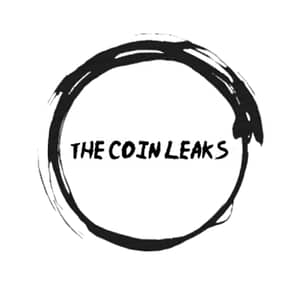[ad_1]

Ethereum co-founder Vitalik Buterin has come out swinging in defense of Decentralized Autonomous Organizations (DAOs), arguing that in some circumstances they can be more efficient and fairer than a traditional corporate structure.
In theory DAOs are collectively owned and managed by their members and have no central leadership. All decisions relating to aspects such as the usage of treasury funds or protocol improvements are made via voting on proposals submitted to the community.
In the lengthy Sept.20 post on his website, Buterin outlined that critics often argue DAO governance is inefficient, that DAO idealists are naïve, and traditional corporate governance structures with boards and CEOs are the optimal methods for making key decisions.
DAOs are not corporations: where decentralization in autonomous organizations mattershttps://t.co/PDh9tIRXcm
— vitalik.eth (@VitalikButerin) September 19, 2022
However, the Ethereum co-founder believes “this position is often wrong” and argues even naive forms of compromise are on average likely to outperform centralized corporate structures in certain situations. Although, he does believe it depends on the decision type which he says fall into two categories; convex and concave.
Examples of convex decisions include pandemic response, military strategy and technology choices in crypto protocols. While concave decisions include judicial matters, public goods funding and tax rates.
“If a decision is concave, we would prefer a compromise, and if it’s convex, we would prefer a coin flip,” he wrot
According to Buterin when decisions are convex, decentralizing the decision making process can lead to “confusion and low-quality compromises,” however when they are concave, “relying on the wisdom of the crowds can give better answers.”
“In these cases, DAO-like structures with large amounts of diverse input going into decision-making can make a lot of sense.”
DAOs usually embrace decentralization to defend themselves from external attacks and censorship. Due to the nature of the space, and the remote and online nature of some projects, it can be more difficult to “do background checks and informal in-person ‘smell tests’ for character.”
Buterin argues this is exactly why DAOs are necessary, arguing the decentralized world needs to “distribute decision-making power among more deciders, so that each individual decider has less power, and so collusions are more likely to be whistleblown on and revealed.”
He does concede DAOs are not without their issues though. In certain situations, a more centralized structure is required, such as when an organization operates with a central core leadership and has separate groups all working independently.
The core leadership is decentralized, but Buterin says it can be necessary for the individual groups to follow a clear hierarchy, adopting a “clear opinionated perspective guiding decisions.”
Related: Ethereum co-founder Vitalik Buterin shares vision for layer-3 protocols
“A system that was intended to function in a stable and unchanging way around one set of assumptions, when faced with an extreme and unexpected change to those circumstances, does need some kind of brave leader to coordinate a response.”
Buterin elaborates further, saying in some cases, DAOs may need the “use of corporate-like forms” to “handle unexpected uncertainty.”
He concludes by saying that for some organizations, even in a crypto world that “much simpler and leader-driven forms of governance emphasizing agility are often going to make sense.”
“But this should not distract from the fact that the ecosystem would not survive without some non-corporate decentralized forms keeping the whole thing stable.”
[ad_2]
Source link


